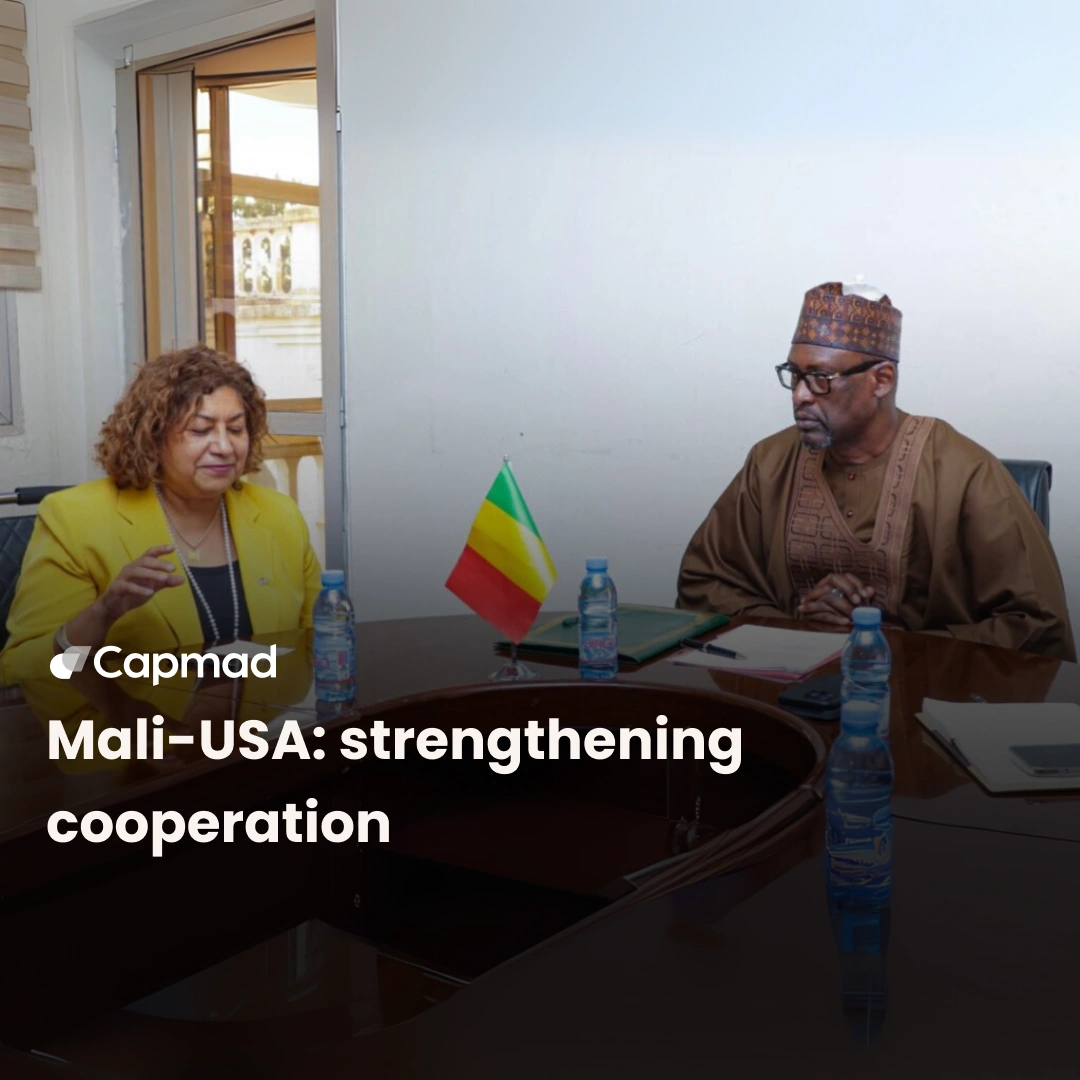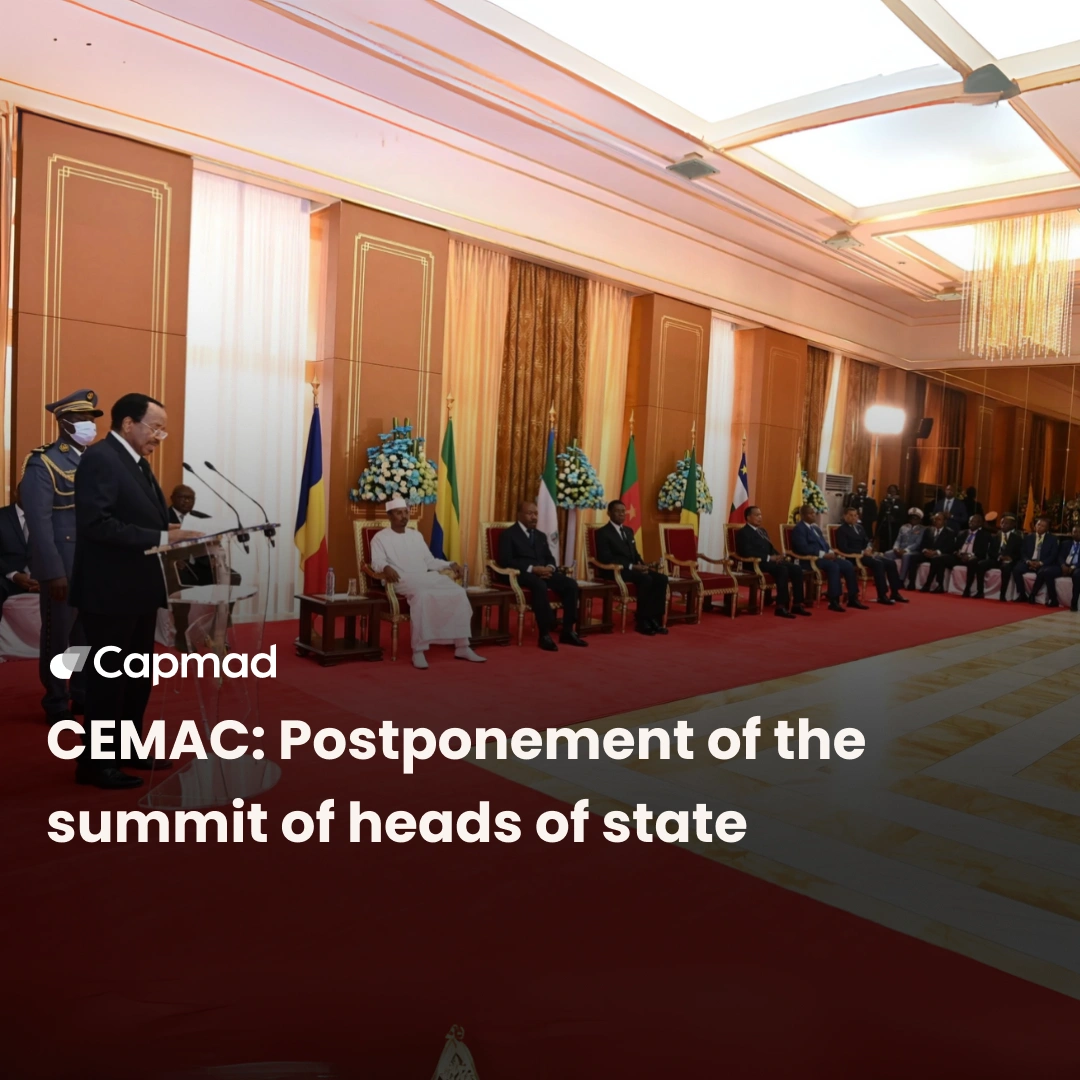Donald Trump is meeting this Tuesday, May 6th, with Mark Carney, the new Canadian Prime Minister elected on the promise to stand up to the American president. The meeting promises to be tense, with Carney having to negotiate carefully to secure a trade compromise without upsetting Trump, who considers himself in a position of strength after suspending the threat of widespread tariffs on Canada.
Redefining Relations Between the Two Countries
Mark Carney asserts that the former relationship of increasing integration between the two countries is over and that the challenge now is to define how to cooperate in the future. Trump, more conciliatory than with his predecessor Trudeau, hopes to reach an agreement quickly. This interview will also serve as a barometer ahead of the G7 summit scheduled for Canada in June.
Key points of discussion
- Immediate trade pressures, notably the tariffs imposed by the United States on Canada, and Trump’s desire to correct the perceived trade imbalance.
- The future economic and security relationship between the two sovereign nations, with a desire to define a new form of cooperation after the end of past growing integration.
- Canada’s sovereignty in the face of repeated threats of annexation from Trump, who has raised the idea of making Canada the 51st U.S. state, a topic Trump will likely keep on the agenda.
- Tackling bilateral issues such as illegal immigration and fentanyl trafficking remain key areas of cooperation.
- The upcoming renegotiation of the free trade agreement, a major medium-term issue.
Mark Carney seeks to maintain a pragmatic dialogue despite the tensions, while Trump alternates between threats and calls for cooperation.
How might Donald Trump react?
Donald Trump could react to Mark Carney’s promises with a mixture of caution and firmness. Trump considers himself in a position of strength, having suspended the threat of widespread tariffs, but he remains wary and could maintain an aggressive stance. This includes reiterating his criticism of Canada, which he calls a “communist regime” feeding off the United States. He has also raised the idea that Canada could become the 51st American state, a provocation he could continue to use to exert pressure.
However, Trump has taken a more conciliatory tone toward Carney, calling him a “very nice guy” and appearing open to a quick agreement, which leaves room for pragmatic compromise. Trump could therefore seek to conclude a trade agreement quickly, while remaining firm on his demands, particularly regarding the renegotiation of the free trade agreement.






